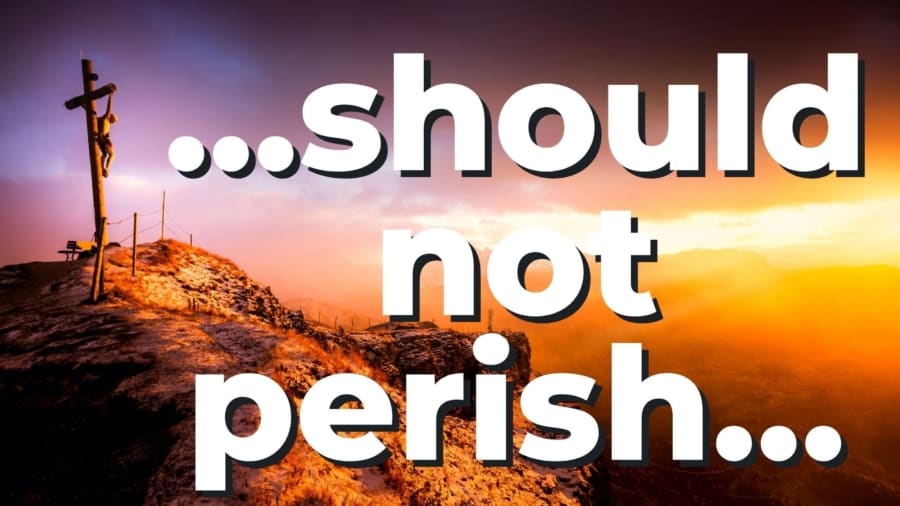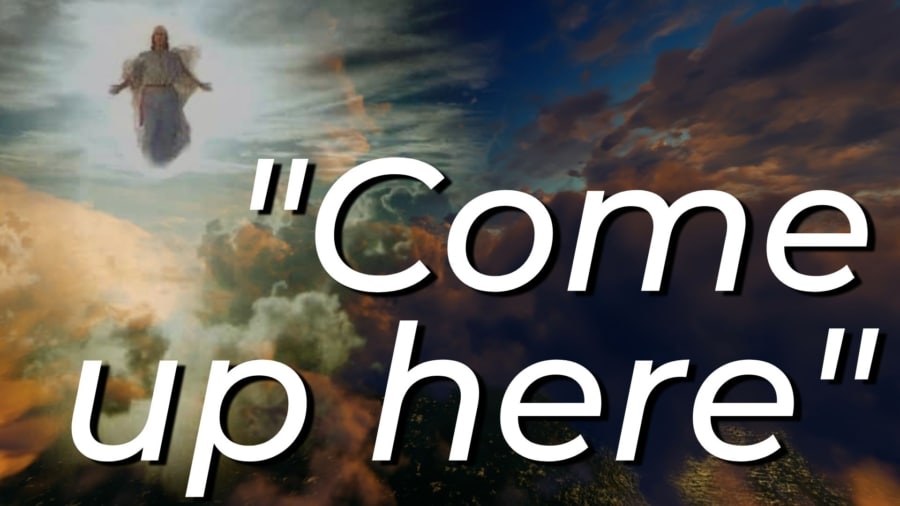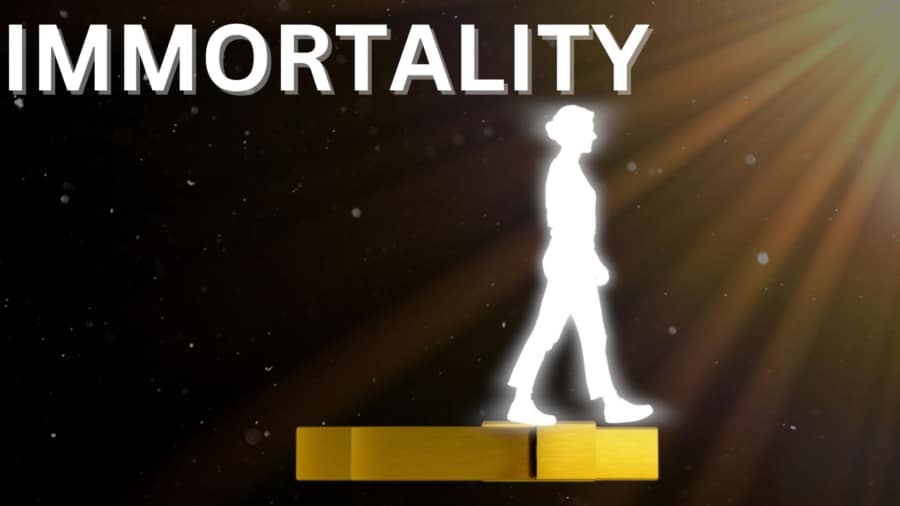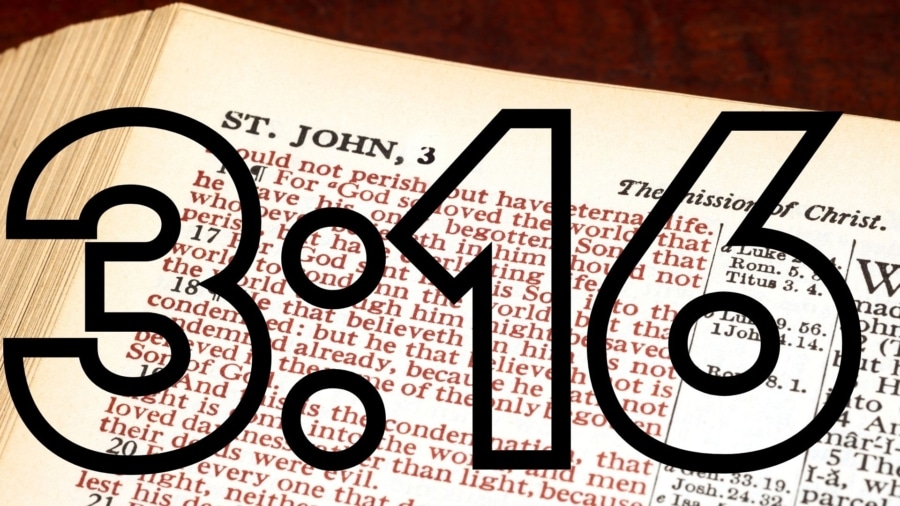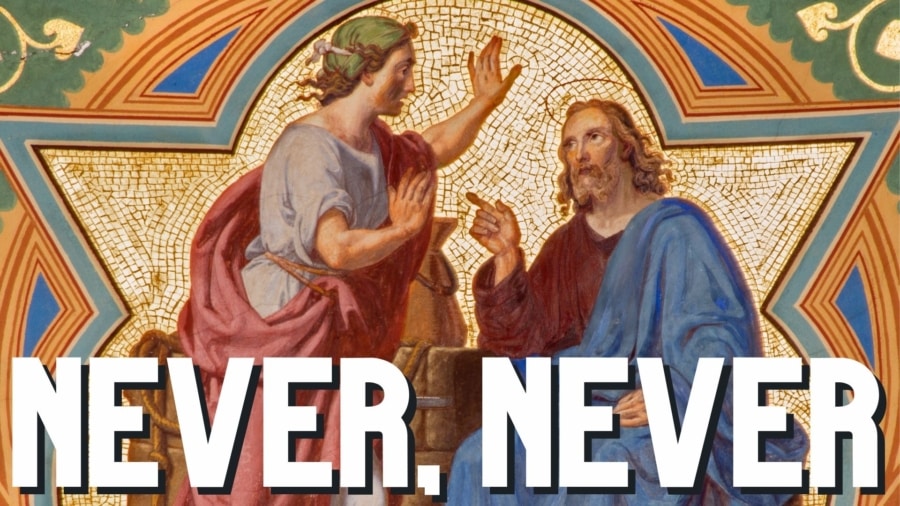- These are Written
- Believe
- Should Not Perish
- 3:16
- Never, Never
- Life, Love, Light
- Condemned by Choice
- This and That
- Seven Expressions of Love from the Cross
- Why?
- I know, I know!
- What?
- UGH!
- Expedient
- Gain Grace?
- The Gift
- The Hands of God
- Immortality
- COME UP HERE
- Not by Works of Righteousness We have Done
- Jesus’ Perspective on His own Death
- I AM
Does God really have hands? No. God, is Spirit. This is an anthropomorphism, a big word. That just means we ascribe human qualities to God in order to better understand Him. You can tell a lot about a person by looking at their hands. You can tell if the person is young or old, male or female. You can tell if they have an office job or if they do manual labor. The hands of a surgeon look different from the hands of a mechanic. John 1:1 says, “In the beginning was the word and the word was with God and the word was God.” John 1:14 says, “And the Word became flesh and dwelt among us. And we be held His glory, glory of the only begotten of the Father, full of grace and truth.“
The hands of Jesus show us His humanity; as He entered public ministry, they became the hands of a miracle worker. Hands that turned water into wine, open the ears of the deaf and the eyes of the blind, healed the sick, the lame, and the lepers. The hands of Jesus also show us His deity. And though His hands were the hands of deity, they were also the hands of a humble servant. Hands that welcomed the little children, said the hungry and humbly wash the feet of His disciples. “Jesus came not to be served, but to serve and to give his life a ransom for many.” In the garden of Gethsemani, His hands were, first, hands of prayer, until the betrayer arrived, bringing the soldiers with them. His hands did not resist, but lay idle by His side as He was unjustly arrested, beaten and scorched. Finally, heavy nails were driven into the hands of God at the crucifixion, holding Him to a cross that He did not deserve, to pay for sins that He did not commit.
The hands of the Savior, the hands of Messiah, are hands that now reach out to us with the offer of life abundant, free and eternal. As we turn to Jesus Christ in faith, trusting Him for our salvation, we enter into a relationship with our Lord and we come under the care of His almighty hands. This is a relationship that can never be broken because no one and no thing can snatch us out of His mighty grip.
Isaiah 64:8 and Psalm 92:4 says “We should sing with joy at the work of His hands, hands of faithfulness.” “Can a woman forget her nursing child and have no compassion on the sun of her womb? Even those may forget, but I will not forget. Behold, I have inscribed you on the palms of my hands. (Isaiah 49:15-16)” Your name. My name inscribed on the palms of God’s hands.
His hands are hands of help, the hands of a caregiver. “Behold, the Lord’s hand is not so short that it cannot save. Neither is his ear so dull that it cannot hear. Isaiah 59:1)” “Humble yourselves, therefore under the mighty hand of God that he may exalt you at the proper time, casting all your cares on him because he cares for you. (1st Peter 5:6)”
His hands are hands of friendship and hands of fellowship. “The steps of a man are established by the Lord and he delights in his way when He falls. He shall not be hurled headlong because the Lord is the one who holds His hand. (Psalm 37:23-24)”
His hands are hands of protection. “Though I walk in the midst of trouble, you will revive me. You will stretch forth your hand against the wrath of my enemies. And your right hand will save me. (Psalm 138:7)” “In the shadow of his hand, he has hidden me. And he has also made me a select arrow. He has hidden me in his quiver. (Isaiah 49:2)” This indicates that each one of us are an arrow kept hidden in the quiver of God. Until the time that His skillful hand draws us into His bow to send us out to impact a time and a place ordained by Him, ordained for His glory and His aim is sure.
In other verses, the Bible calls the hands of God: mighty valiant, righteous, strong, holy, glorious and good. And understanding these qualities should cause us to shout with David the words of Psalm 31, “As for me, I trust in you, a Lord. I say, you are my God. My times are in your hands.” And we do live in perilous times. What a comfort to know that our times are in the mighty glorious and good hands of God. These are the hands of God that worked invisibly behind the scenes in the days of Esther. And these are the hands that work invisibly behind the scenes in your life and my life today, long ago, centuries ago. Today, the hand of God is working in your life to write your story, the part your life is to play in his wonderful plan. That story can only be written in time. But the glory of that story will last for all of eternity. Commit your life, therefore, into the mighty hands of God!
Gene Cunningham - May 30, 2022
Should Not Perish
From Series: "The Simplicity of the Gospel"
“Assuredly, I say to you, unless you are converted and become as little children, you will by no means enter the kingdom of heaven.” Matthew 18:3 All little children begin the learning process in life the same way. They learn by faith. Because they know that they don’t know, they are humble. They have never seen an elephant, or a whale, but if you show them a picture book, they learn to identify whatever they are shown. If they are told, “This is an elephant,” they don’t argue and say, “No, I think that is a chicken.” They believe what they are told because it is in their child-like nature to trust. Only as we grow do we begin to assume a level of knowledge, based on what we have learned by faith. As adults we turn more and more to reason (rationalism) and science (empiricism), where we learn by trial and error. Gradually, we begin to turn away from the faith we had as little children. Here, Jesus is telling His disciples that they need to “turn around, go back” to being like little children. They need to come to Him in simple, child-like faith if they would enter into His heavenly kingdom. The same point was made on another occasion (Mark 10:13–16). When we return to the simplicity of child-like faith, we come to Jesus through His Word in humility. And Peter, the leader of the disciple band, assures us “God resists the proud, but gives grace to the humble” (1 Pet. 5:5b). It is time for us to turn back to the simplicity and humility of little children and hear the voice of our heavenly Father!



